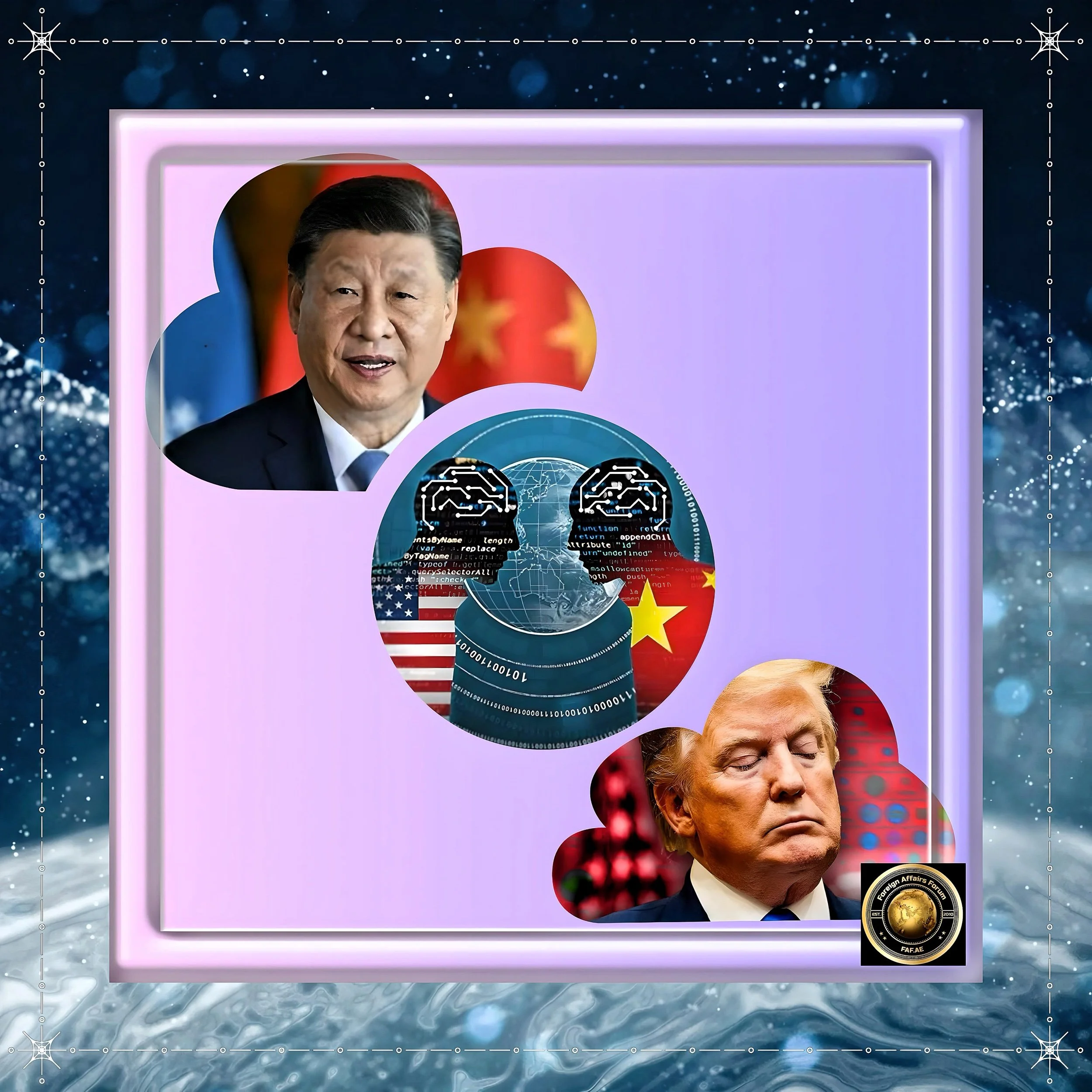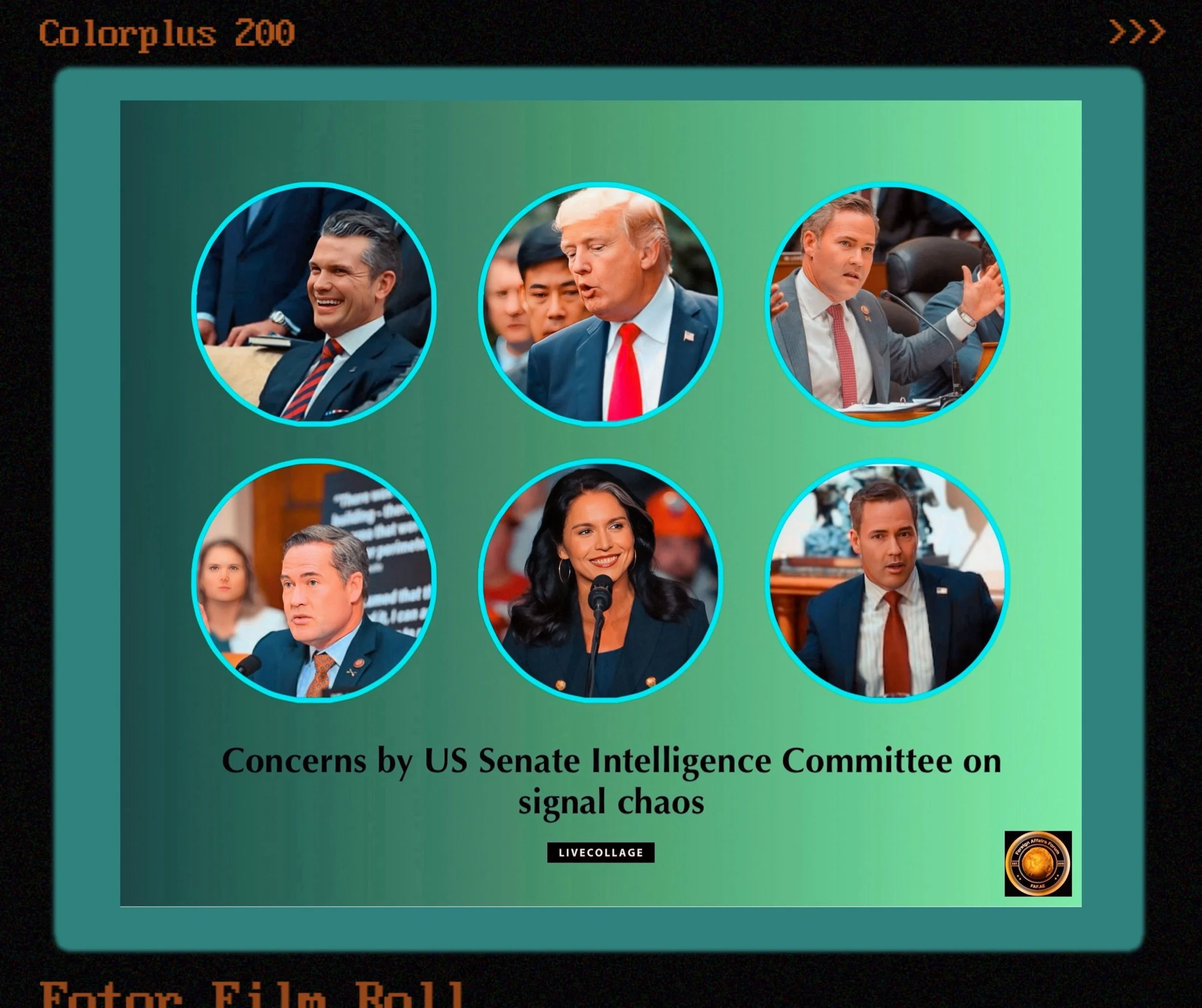The Plot to Change America: Understanding Identity Politics and Its Impact on American Society
Introduction
The Plot to Change America: How Identity Politics is Dividing the Land of the Free significantly contributes to the ongoing national conversation about political polarization and identity-based politics.
Mike Gonzalez's book examines how identity politics has evolved in American society and offers perspectives on its impacts.
FAF explores the book’s central arguments and places them within the broader context of America’s deepening political divisions.
About the Book and Author
Encounter Books published The Plot to Change America. It will be released in hardcover around 2020 and paperback in June 2022.
The author, Mike Gonzalez, is the Angeles T. Arredondo E Pluribus Unum Senior Fellow at The Heritage Foundation.
Before his academic career, Gonzalez spent nearly two decades as a journalist, with fifteen years reporting from Europe, Asia, and Latin America before joining President George W. Bush's administration.
The book has garnered attention in academic circles, with reviews appearing in publications such as the Journal of Interdisciplinary Studies.
Its provocative thesis has positioned it as part of the ongoing debate about America’s increasingly polarized political landscape.
The Book’s Central Arguments
Gonzalez’s work presents several interconnected arguments about identity politics in America:
The Origins of Identity Politics
A core claim of the book is that identity politics is not the grassroots movement many believe it to be. Instead, Gonzalez characterizes it as “an elite project” deliberately cultivated.
The book challenges the narrative that America has “organically grown into a nation gripped by victimhood and identitarian division.” Rather than seeing identity politics as arising naturally from legitimate minorities' demands for recognition or restitution, Gonzalez suggests that more deliberate forces are at work.
Challenging Prevailing Narratives
The book questions several widely held assumptions about identity politics:
Immigration and Demographics: Gonzalez disputes that identity politics emerged primarily due to demographic changes following the 1965 immigration law reforms.
Demographic Inevitability: The author challenges the prediction that America will inevitably become a “minority-majority” country by 2040, suggesting this is not necessarily predetermined.
Group Formation: A central thesis is that identity politics depends on “creating groups and giving people incentives to adhere to them.” This suggests that identity politics is not an inevitable social development but a constructed framework.
The Proposed Solution
Gonzalez doesn’t merely critique identity politics but offers a strategy for addressing it. He argues that eliminating “group-making and the enticements” would effectively eliminate identity politics.
While acknowledging this wouldn’t be easy, he suggests it shouldn’t be overthought.
Identity Politics in the Broader American Context
The Nature of American Political Division
Recent research illuminates how deeply divided American society has become:
A 2020 Pew Research Center study found that 77% of Americans believe the country is more divided than in the past, with the ideological gap between political parties reaching its widest point in decades.
This research highlighted “increasingly stark disagreement between Democrats and Republicans on the economy, racial justice, climate change, law enforcement, international engagement and a long list of other issues.”
In the 2020 presidential election, roughly eight in ten registered voters on both sides believed their differences with political opponents were about core American values.
Approximately nine in ten worried that the other side's victory would lead to “lasting harm” to the United States.
Understanding Identity-Based Politics
Identity politics refers to political positions based on particular identities, including ethnicity, race, nationality, religion, gender, sexual orientation, social background, and other characteristics.
This approach to politics has gained prominence in recent decades but has also been criticized by both sides.
One compelling insight from research is that American voters are less ideologically polarized than they perceive themselves to be, and this misperception is most significant among the most politically engaged citizens.
Instead, researchers have identified “affective polarization” as a key driver of division—emotional dislike between members of opposing parties based not primarily on policies but on identity.
The Role of Media in Polarization
Both traditional and social media have contributed to America’s political polarization:
Media polarization has increased significantly in the past half-decade, with cable news networks becoming “birthing centers for polarizing rhetoric.”
The competitive nature of modern media and the business model dependent on ratings and advertisements has increasingly blurred the line between news and entertainment, often emphasizing conflict and division to capture audience attention.
White Identity Politics and the “New Minorities”
The search results reveal that identity politics isn’t limited to minority groups. Political scientist Justin Gest has identified the white working class as a “new minority,” a group that feels their voices aren’t being heard by political officials. These concerns relate to economic issues, identity, and dignity, factors that contributed to Donald Trump’s 2016 electoral victory, particularly in former manufacturing regions known as the Rust Belt.
Critical Perspectives on Identity Politics
Conservative Critiques
From a conservative perspective, critics argue that identity politics erodes core American principles by prioritizing group identity over individual merit.
The criticism suggests that identity politics divides Americans and actively undermines societal cohesion.
In his review of Gonzalez’s book, Rubén Martinez notes that the author “assumes the best of American society and ignores all its forms of domination and oppression.”
This highlights the divergent interpretations of American history and values underpinning the identity politics debate.
Progressive Perspectives
Some progressive voices have also expressed concerns about identity politics, though often for different reasons than conservatives. Some left-leaning critics worry that a narrow focus on identity can distract from broader economic and structural issues.
As Aoife Paul Healy argues in a Mount Holyoke News opinion piece, identity politics might be “a symptomatic aspect of the two-party system, not a causal problem,” suggesting that “single-issue voting or voting for one party out of necessity in opposition to the other is not a successful democratic process in terms of accurate representation.”
Conclusion
The Ongoing Debate
The Plot to Change America represents one perspective in an ongoing national conversation about identity, politics, and America’s future.
While Gonzalez offers a critique of identity politics and a strategy for moving beyond it, the broader discussion encompasses diverse viewpoints about how Americans understand themselves and their fellow citizens.
The extreme polarization evident in American society—with partisans believing their differences are about core values rather than mere policy disagreements—suggests that addressing these divisions will require more than simple political solutions.
Whether Gonzalez’s prescription of eliminating “group-making” is viable remains contested, but his work contributes to an essential dialogue about American identity and democracy.
As the United States continues to navigate these complex issues, books like The Plot to Change America provide frameworks for understanding—though not necessarily resolving—the tensions that define contemporary American political life.






